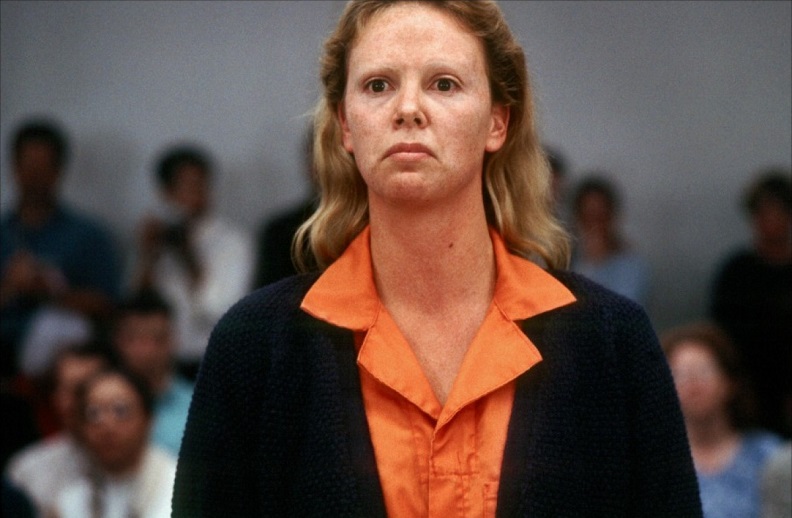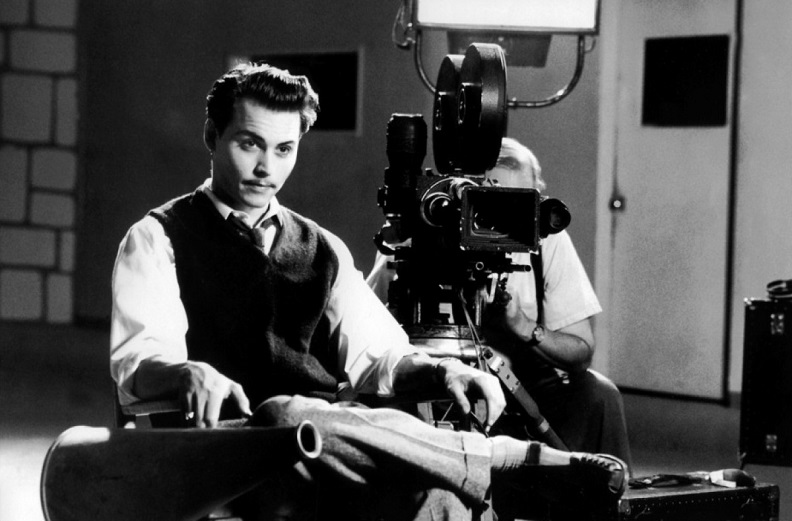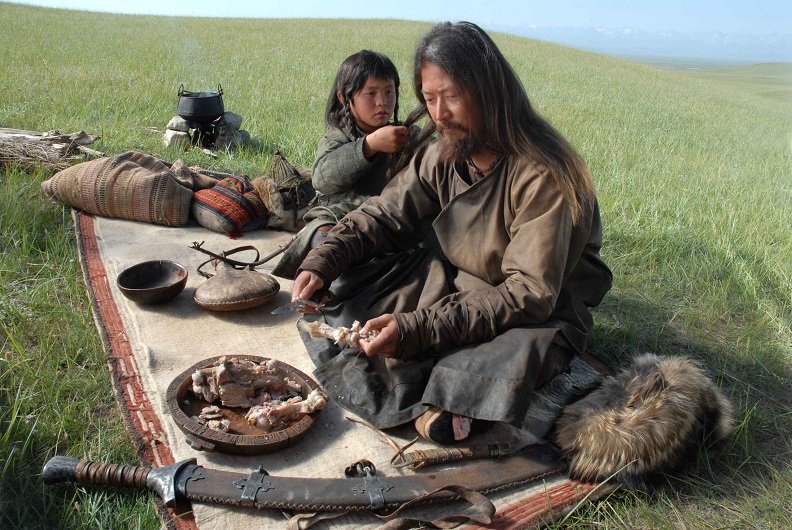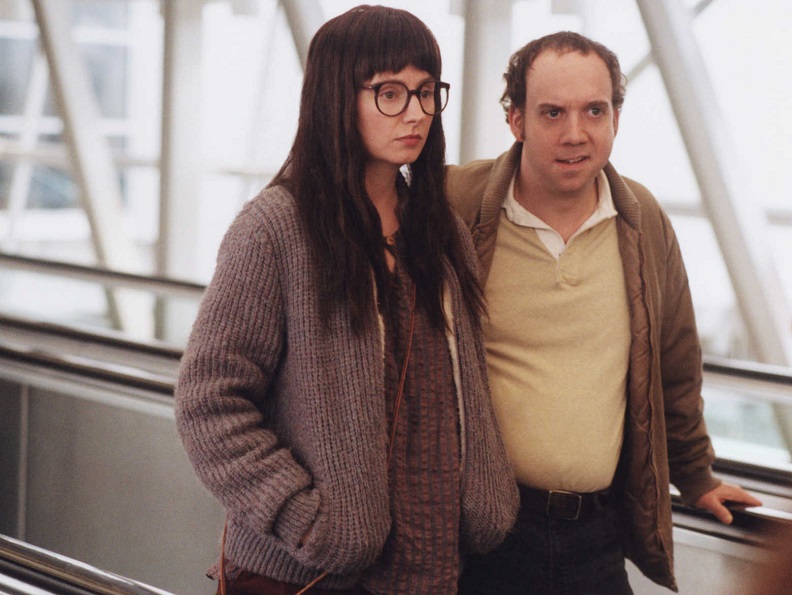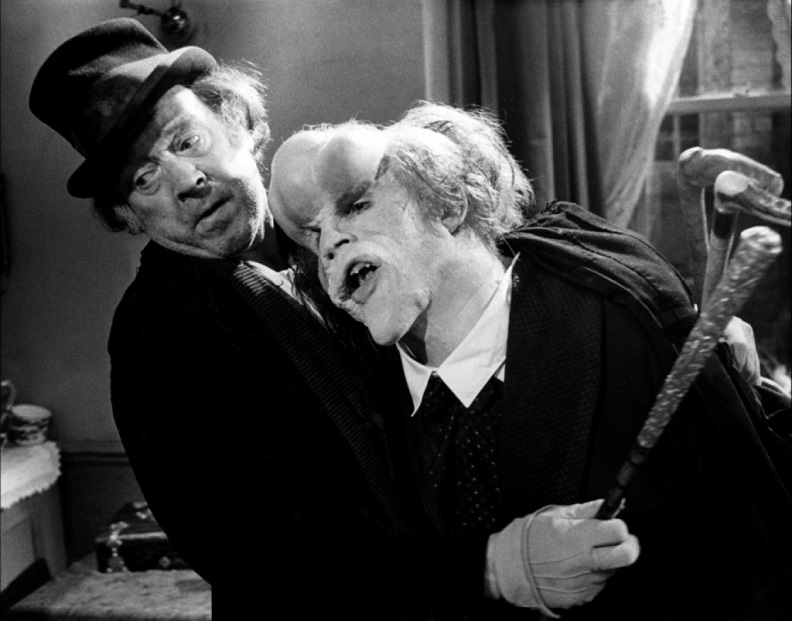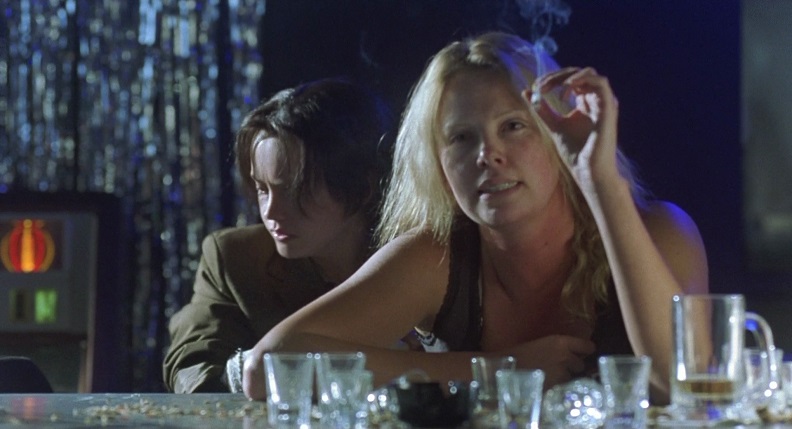Plenty of films illustrate the tyrant, the pariah, and the miscreant inside and out. Robert Rossen’s All the King’s Men details the rise and corruption of a small town politician, whereas Bill Pohlad’s Love & Mercy takes an intimate look at the life of songwriter Brian Wilson. A character-driven piece is never terribly difficult to dive into, especially when it picks the subject from history.
Some subjects, however, are a harder pill to swallow. The notoriety of a particular persona can both compel and trouble many. Biopics detailing triumphs are never terribly hard to come by, making more appearances at the Oscars than Tim Allen listing the nominees.
But what about the movies that illuminate the lives of those we’d rather not think about? Those that humanize the people whom their contemporary media chided (rightfully so, at times)? There’s still a shred of redemption in everyone, as these biographical films demonstrate.
Ed Wood
Director: Tim Burton
(1994)
Hailed by critics as Tim Burton’s opus (to the megrim of Nightmare Before Christmas fans everywhere), Ed Wood follows the career of the titular filmmaker made famous by some of the most abysmal sci-fi, horror, and all around exploitive films in the golden age of Hollywood. Ed (Johnny Depp), despite his horrid methodology, is an easy character to get behind. Dreaming of something more than himself, Ed’s self-compounding business blunders never derail his imagination. In the film’s climax, Ed’s hero Orson Welles (Vincent D’Onofrio) implores the downtrodden Ed to continue his vision and finish Plan 9 from Outer Space, which would ultimately be listed in the pantheon of the century’s worst films. This stumbling chimera of irony and optimism paints Ed Wood as one of the most confusing feel-good works alongside Todd Solondz’s Happiness.
—
Mongol
Director: Sergei Bodrov
(2007)
Sergei Bodrov travels back nearly a millennium in Mongol, a work regarding the life and conquests of one of history’s most notorious conquerors, Genghis Khan. Distancing the character from the tyrant, Bodrov initially tells this tale through the vessel of Temüjin (Tadanobu Asano), who recounts his life as a Kahn in the depths of a Chinese prison. Temüjin’s life as a slave and family man are placed at the forefront, but the desolation he would ultimately wrought is never far from the narrative. Despite the inevitable suffering Temüjin brings, Mongol is a representative of pain and anguish rather than an insatiable bloodlust. His path of destruction is appropriately detailed as well, but his trials and a brief conversation with a Buddhist monk help realistically frame the morally one-sided tale.
—
The Wolf of Wall Street
Director: Martin Scorsese
(2013)
Martin Scorsese doesn’t portray Jordan Belfort in a positive light. In fact, The Wolf of Wall Street only widens the gap between the average person and the outlandish moguls it portrays. Still, the increasingly grotesque life of Belfort seen through Leonardo DiCaprio’s smug representation emits a peculiar charm. In tandem with this, the film’s frequent gags paint Belfort and his comrades as lovable oafs rather than the coke-fueled, desperate investors they were. Aw, who am I kidding? It shows the latter as well.
American Splendor
Director: Shari Berman, Robert Pulcini
(2003)
Shari Berman and Robert Pulcini didn’t need to dig very deep in order to find sordid tales to use in American Splendor, as the film’s subject already described most of the worst in his cult comic of the same name. The film follows Harvey Pekar (Paul Giamatti), the writer and Late Show guest who famously shut down on air after understandably suffering enough of David Letterman’s bullshit. However, save its final act, Splendor musters more staying power in its description of Pekar’s repeatedly failing love life and difficult battle with cancer. It keeps the eventual curmudgeon’s disgruntled nature intact, and Giamatti’s depiction not only reframes the man himself, but also his entire body of work. Though the man is pissed, he’s also incredibly hurt.
—
The Elephant Man
Director: David Lynch
(1980)
Though David Lynch has grown famous for his portrait of an angry, PBR-drinking Dennis Hopper, no Lynch enthusiast should ever forget his early, groundbreaking work The Elephant Man. The film traces John Merrick (John Hurt), a severely deformed man whose disturbing disappearance veiled his intelligence and compassion. John is difficult to accept, even for viewers, but his internal beauty gradually shines through and his difficult integration into Victorian society unravels. The Elephant Man features one of the most moving performances of the 1980s, and it’s a must-watch for any self-proclaimed cinephile.
—
Monster
Director: Patty Jenkins
(2003)
On the note of acceptance, Patty Jenkins’ Monster is one of the hardest films to come to terms with, dissecting the life and motives of Aileen Wuornos, a sex worker who was executed in 2002 after the murder of seven men. Expertly portrayed by Charlize Theron, Aileen’s story is not for the faint of heart as she struggles through a life stacked against her from birth. Desperate and unable to sustain herself on prostitution, her attempts at a traditional life are met with harsh disapproval and her downward spiral grows more severe after the murder of a particularly hurtful client proves lucrative. Still, Aileen’s relationship with Selby (Christina Ricci) offers a faint glimmer of hope before reality takes an unfortunate and inevitable turn.

